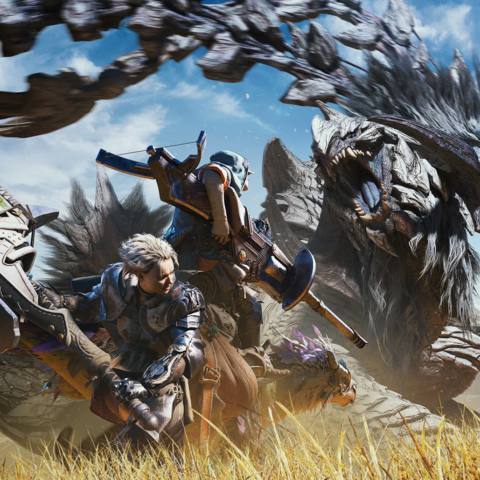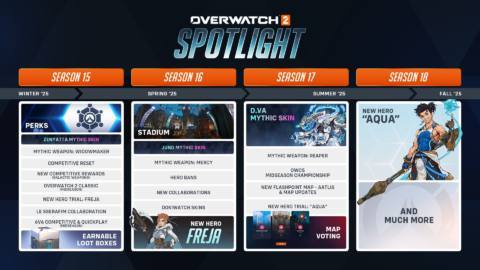Nature documentaries always have me rooting for the prey animals. It's the circle of life and all that, but gazelles seem pretty chill, and when a pack of hyenas swoops in and starts lunging at the slow one it's hard not to cheer on the underdog. My recent experiences in WolfQuest have widened my perspective, though.
We have people who found the game when they were 10 years old, and they’re still playing it, you know? It’s crazy
Producer Dave Schaller
My gray wolf, Dogmeat, takes no nonsense from mule deer and elk whatsoever—and yes, he goes right for the slow ones every time. Who can blame him? He's a father of seven, and his first winter as a parent has been a rough one. With all the region's prized elk migrating away from his territory, any trip for food is potentially lethal, and a fat enough cow puts food on the table for a week. It's underdogs all the way down; and if I can't win a peace prize, I can at least win father of the year.
I owe my ecological enlightenment to the power of edutainment, courtesy of a game developer called eduweb and the Minnesota Zoo circa 2007. WolfQuest simulates a gray wolf's day-to-day in Yellowstone National Park; players hunt prey, mate, raise pups, parley for territory with other packs, and survive as long as they can in an environment rich with predators, prey, and rival wolves.
My initial interest in the game came from its unique premise—and the fact that it was created in collaboration with famed game publisher the Minnesota Zoo. But I ended up captivated by the engaging survival RPG/sim beneath the surface. I'm not alone in that, either, as WolfQuest is 17 years into active development across various versions, with a niche but dedicated playerbase sticking with it for nearly two decades. How many dozens, hundreds, thousands of edutainment games have come and gone in that amount of time? The death of Flash must've wiped out a whole generation all by itself.
Dave Schaller, founder of eduweb and WolfQuest producer, attributes WolfQuest's success and continually enthusiastic community to it being in an otherwise unfilled niche.
“There aren't three new wolf simulation games coming out every month,” Schaller said. “There's just not much competition. There's some. But no one really wants to make it how we want to make this: as realistic to a real wolf's life as we can, while still being a game.”
In the game's early days, that trailblazing instinct was a double-edged sword. A detailed, multiplayer wildlife simulation is as ambitious now as it was two decades ago, and WolfQuest's origins as a zoo extracurricular meant that quickly became obvious to its small development team.
“It's not an established genre. How do quadrupeds hunt other quadrupeds, [like] ungulates? Well, you can't play five games and see how they handle it,” he said. It was his studio's first big 3D game and funded by a grant, which ran out around 2012. The original release of WolfQuest, Schaller said, “was never the game any of us were really hoping it could be.”
Since its inception WolfQuest has been rebuilt and re-released twice. Both times it was with the intention of realizing the vision that was never possible with the original project's schedule and budget.
While the original grant-funded build and WolfQuest 2.7 (now called WolfQuest Classic) aren't nearly as robust as 2019's Anniversary Edition, the game never stopped attracting players. Schaller attributes that to a nascent potential in the premise that both players and the team can't let go.
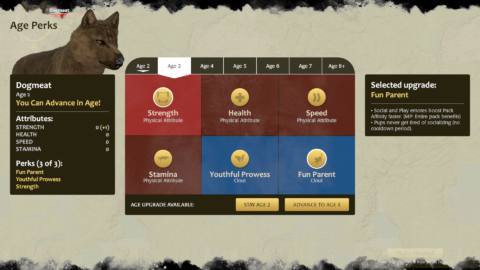
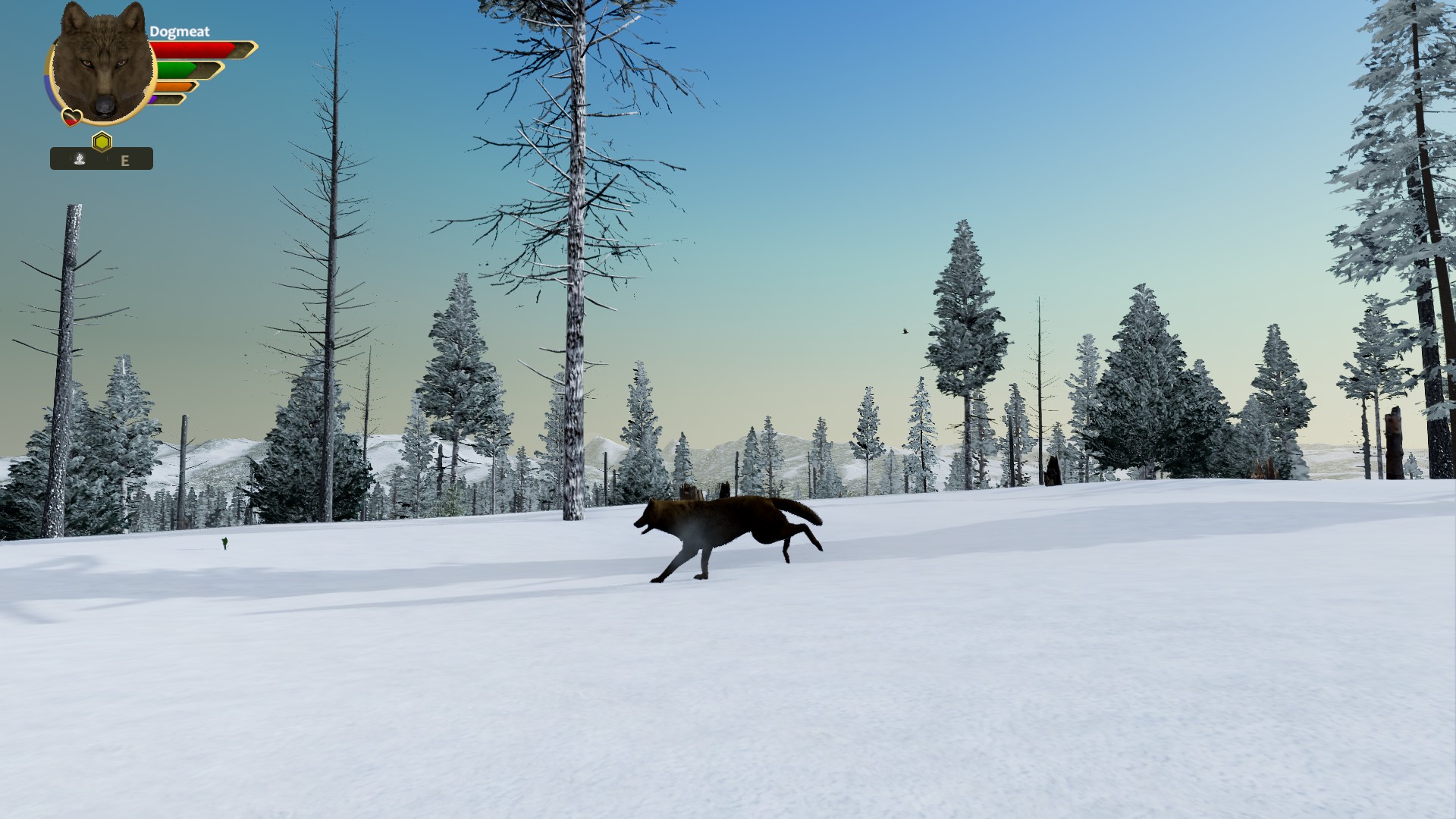
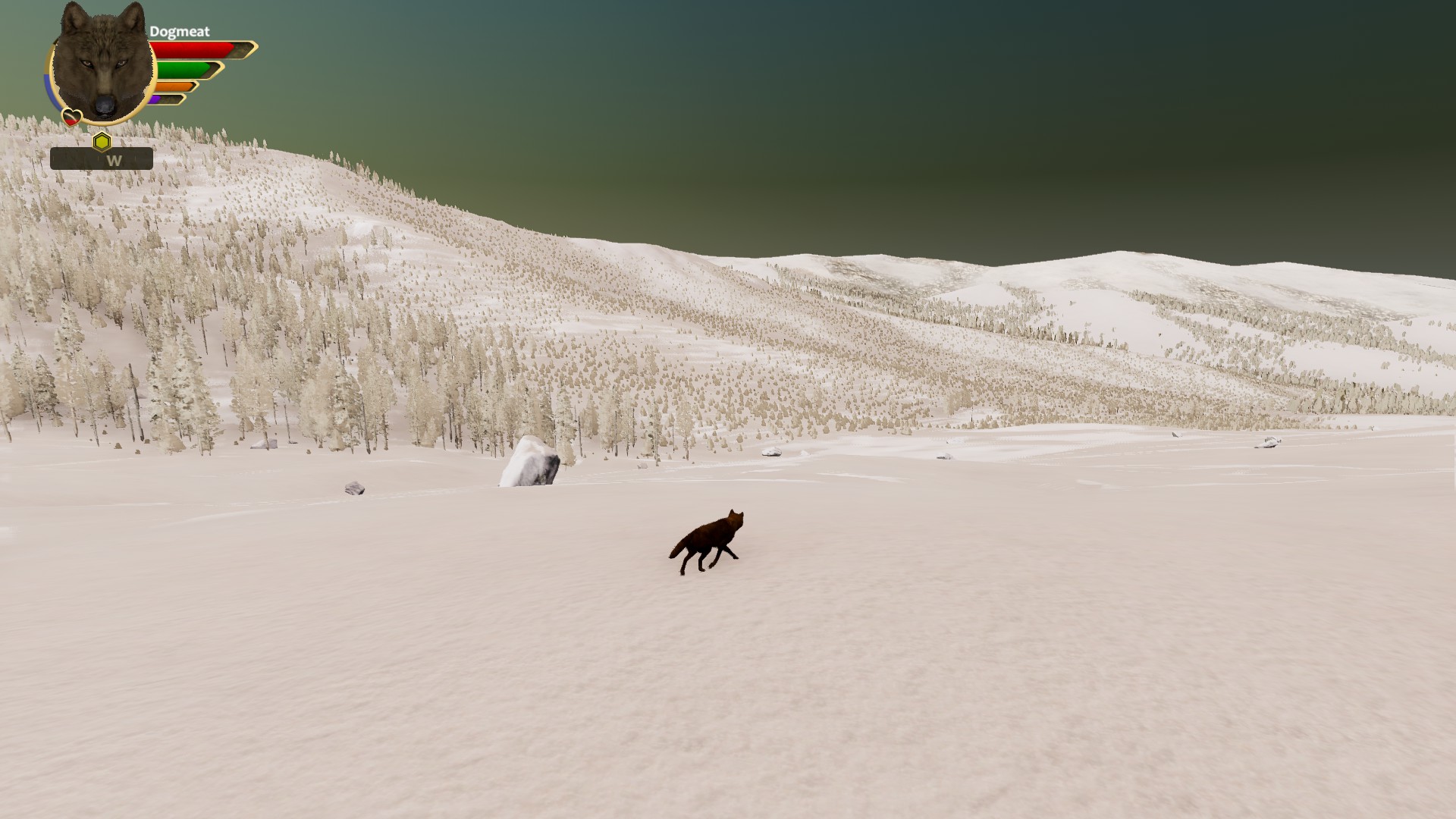
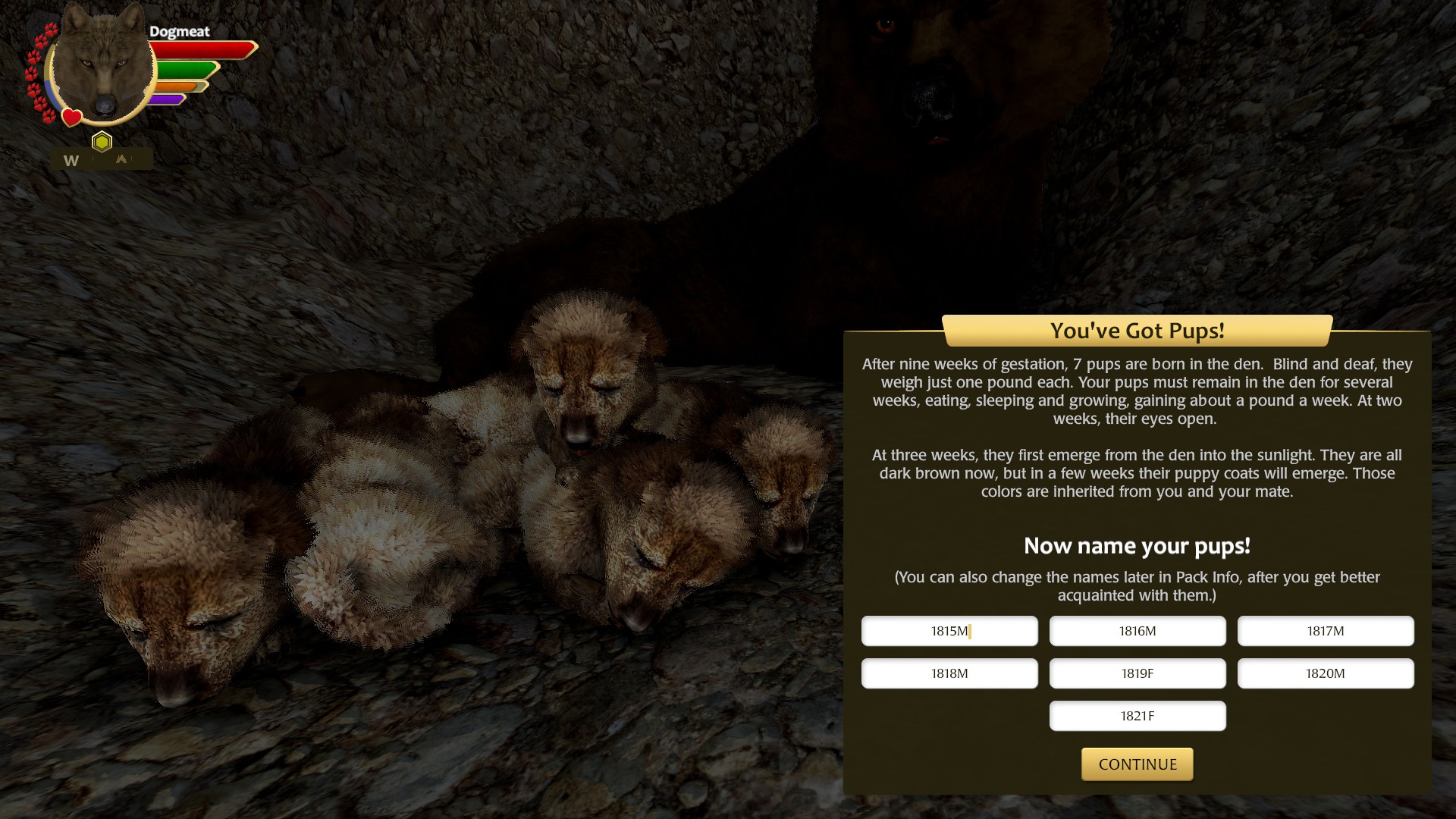
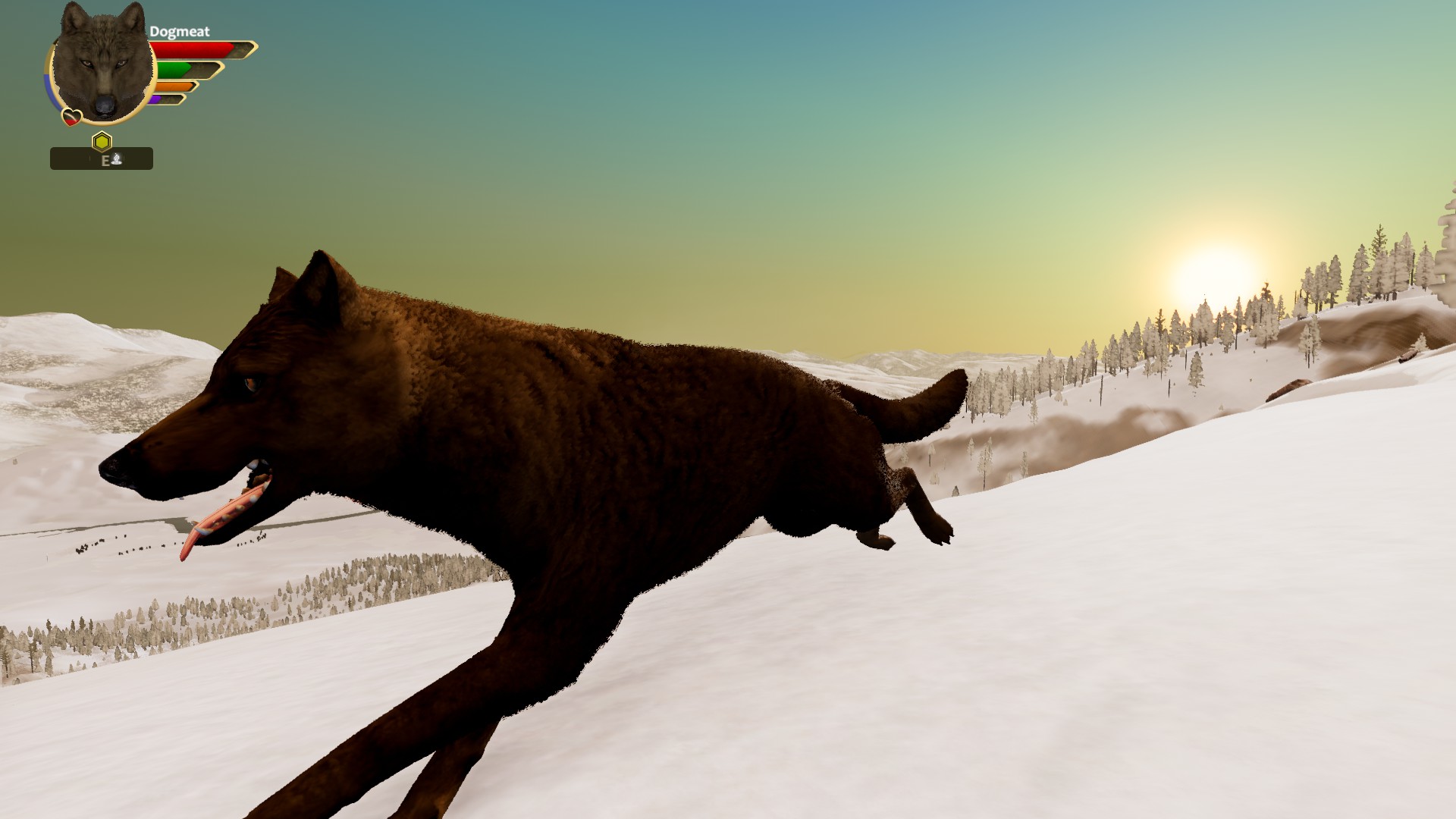
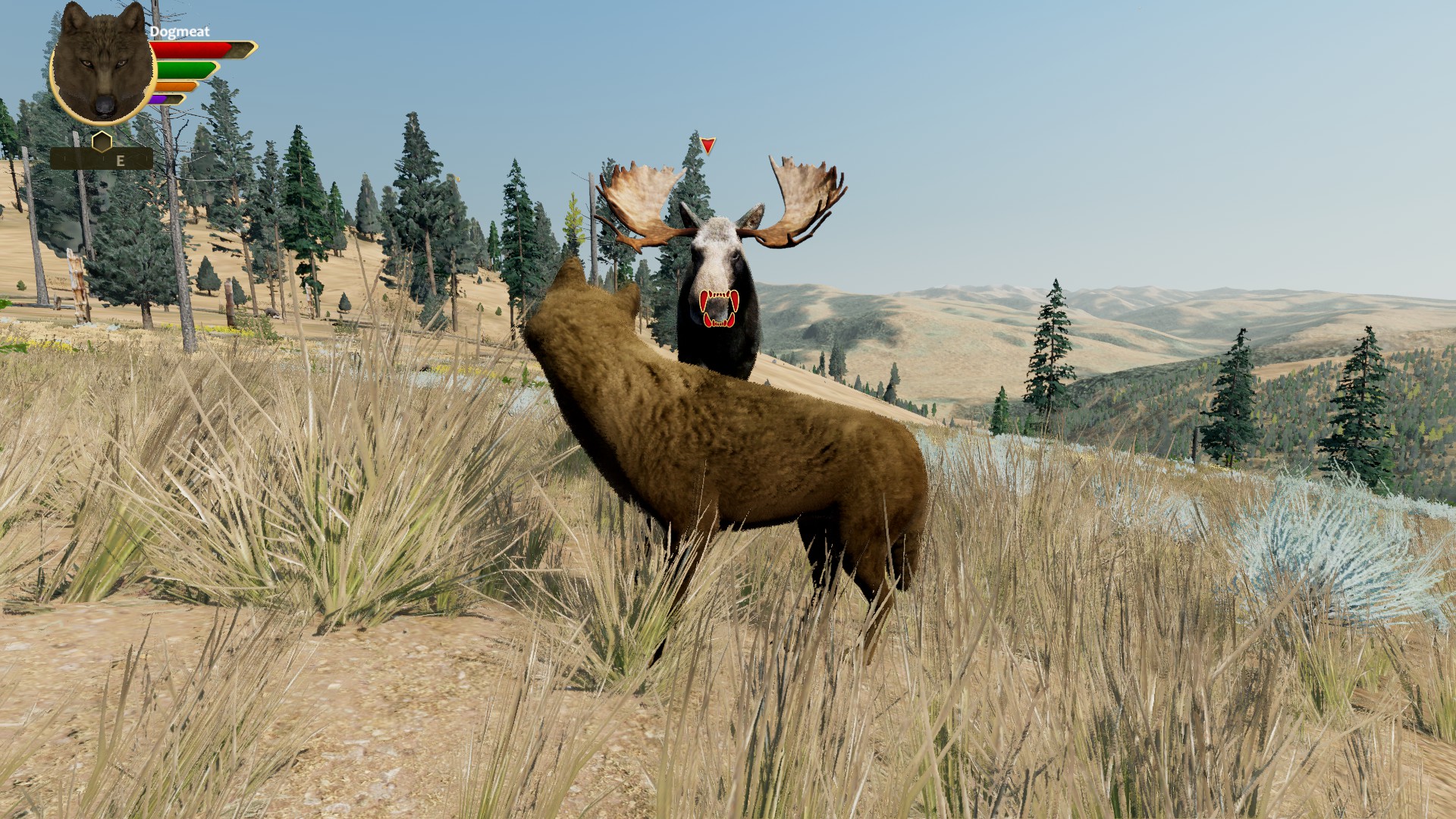
“It just laid dormant for a while, but we kept it online. People kept downloading it and playing it. Eventually after a couple years, I thought, this is the most successful project I've done. It's just crazy to let it fade away.”
“Ideas are cheap. Implementation takes time …There's always tension between what we have ideas to do, what players' suggested ideas are and what we can actually implement in a pretty solid way. That's why [the most recent version of the game] has been in early access for five years. We see the potential and are trying to get there.”
This sort of longevity is unprecedented for an edutainment game as far as I know, which WolfQuest remains at its heart. It's obvious in the way loading screen tips are often just real wildlife facts, and how everything from exploration to combat is angled to teach the player about the habits of gray wolves.
“The core idea of it was to do something that was educational, but in an experiential way, not a didactic way,” Schaller said. “We very much did not want to put in interpretive pop-ups and things that a lot of educational games would have, but have you fail, and you'd look at why you failed, and try again. That, whether singleplayer or multiplayer, is how you really learn something. The multiplayer was certainly key in that learning is very often a social experience.”
That pursuit of teaching through difficult, realistic gameplay ensured the game would never have universal appeal, Schaller conceded, but the community that found the game recognized the approach's strengths. I appreciated it too. When I had to circle vulnerable prey to get a good shot at the rear or legs (lest I get trampled or shoved aside), the challenge gave me a tactile familiarity with hunting behavior simply reading about it might not.
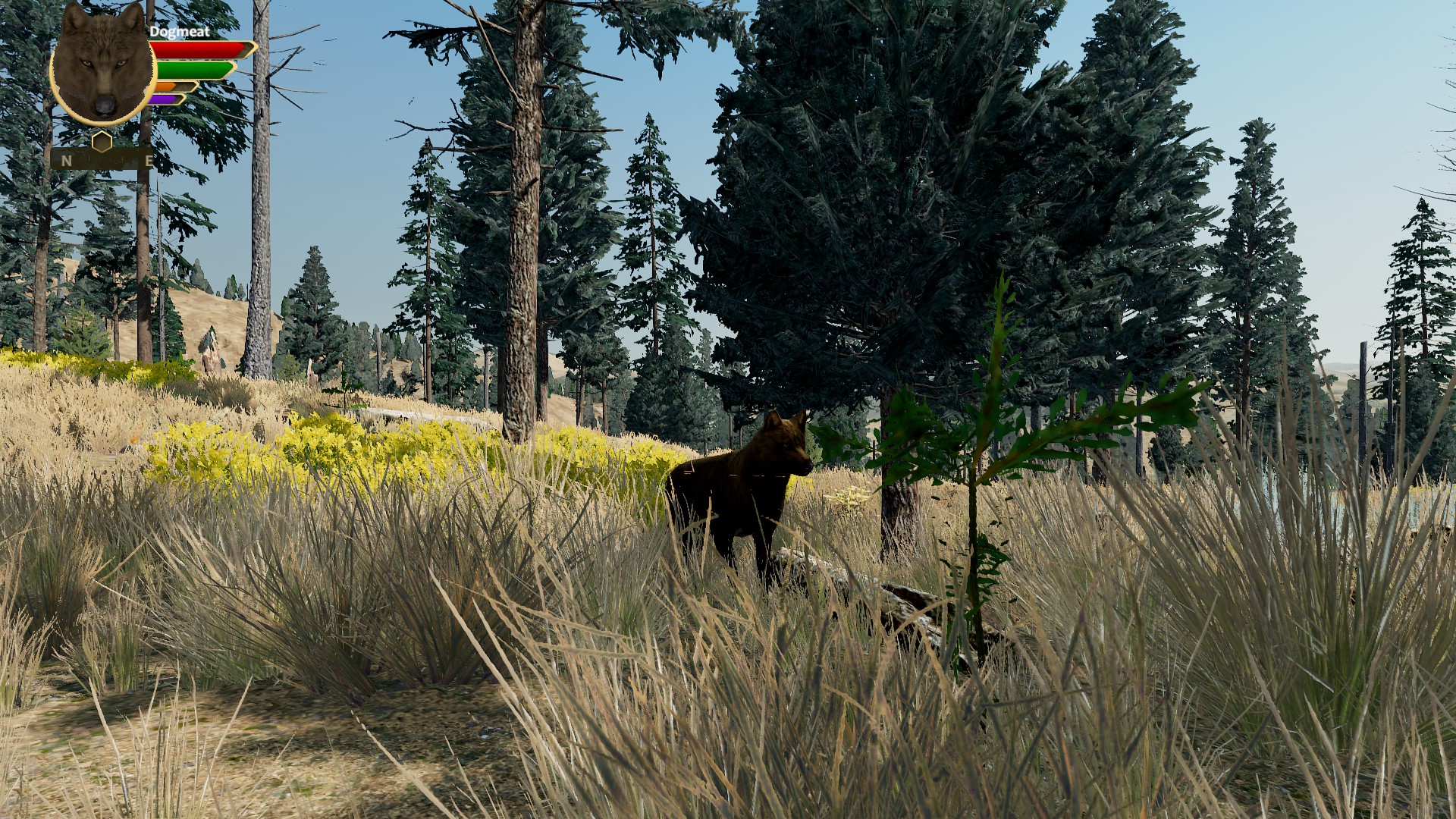
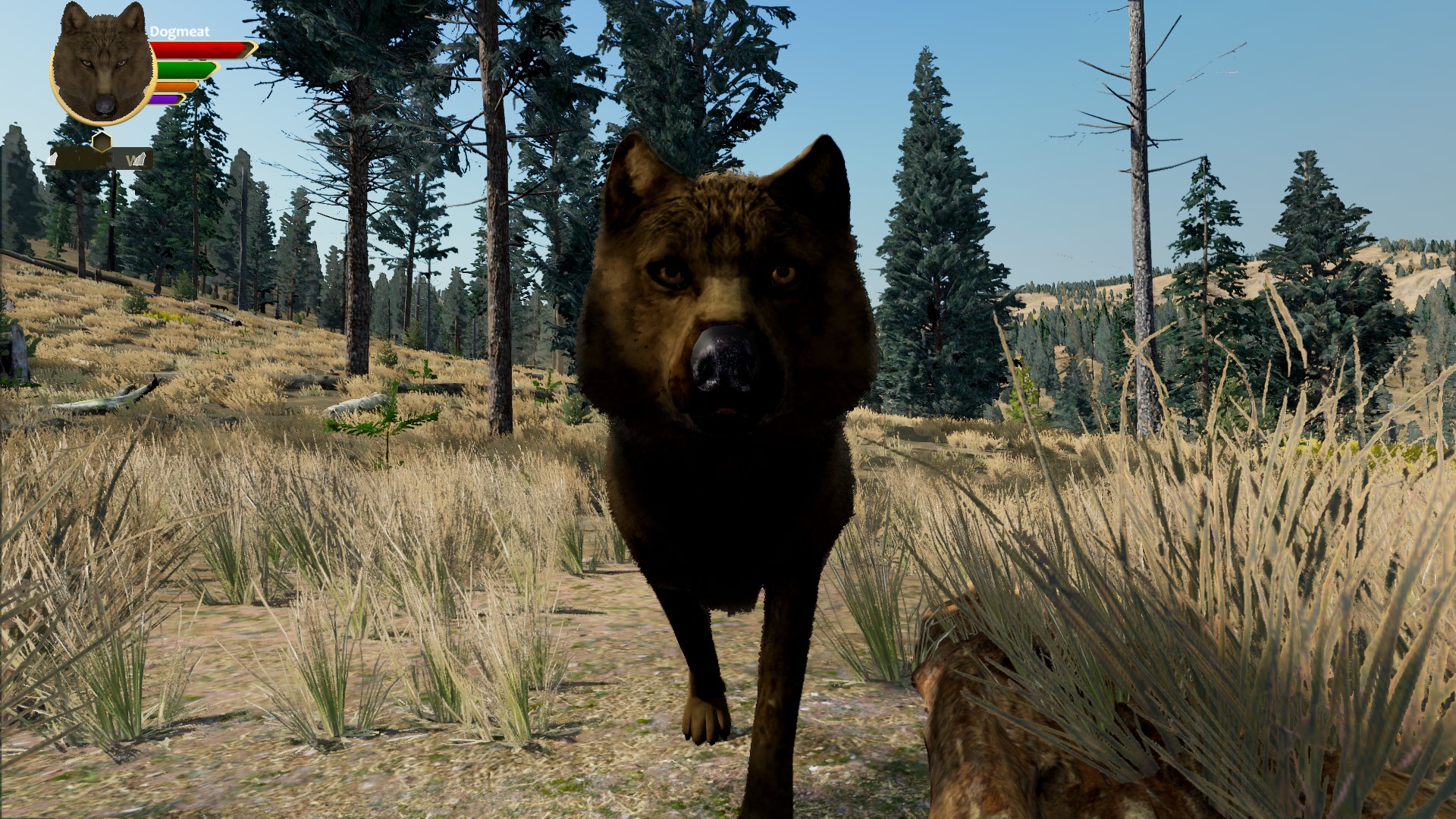
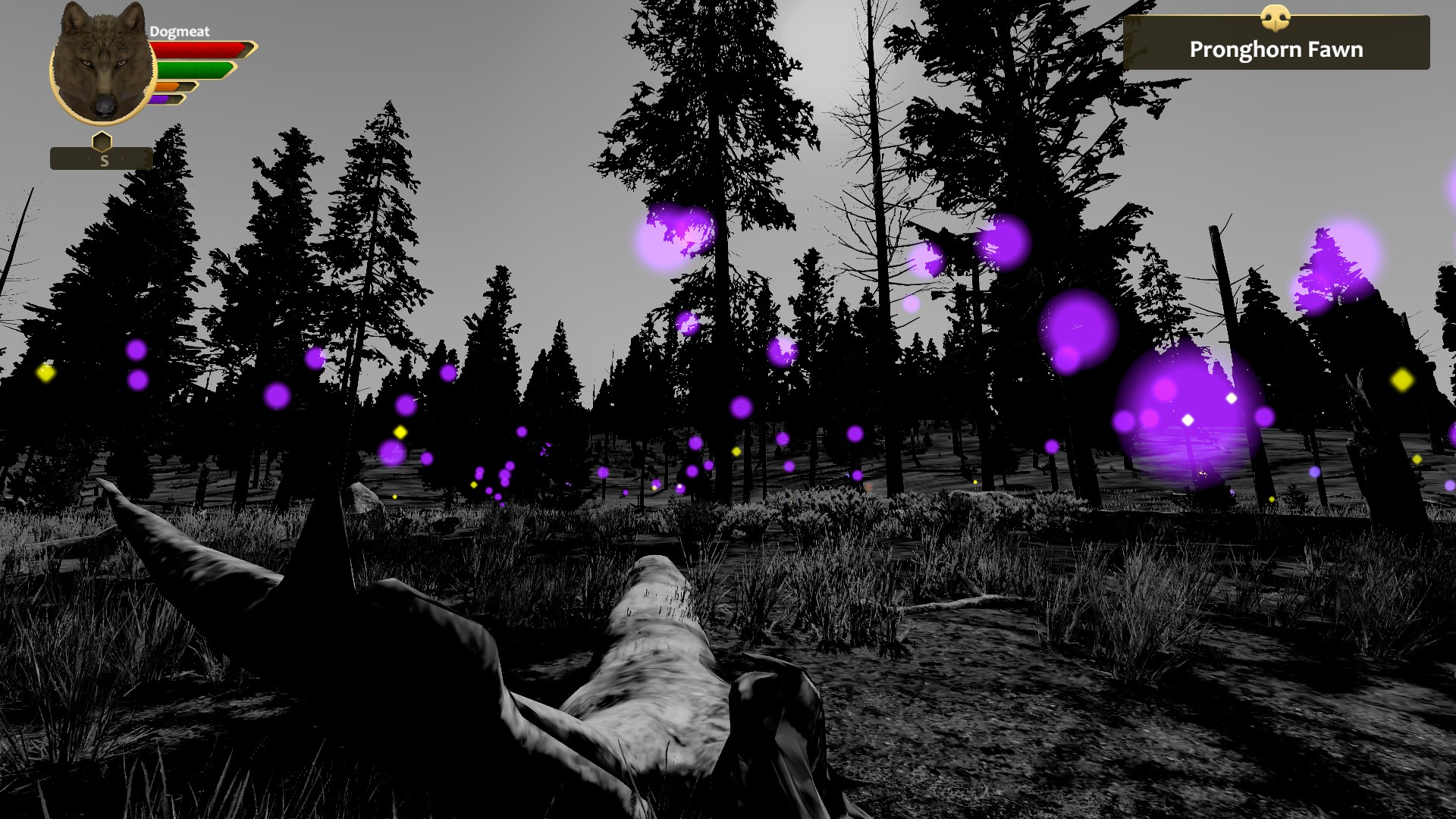
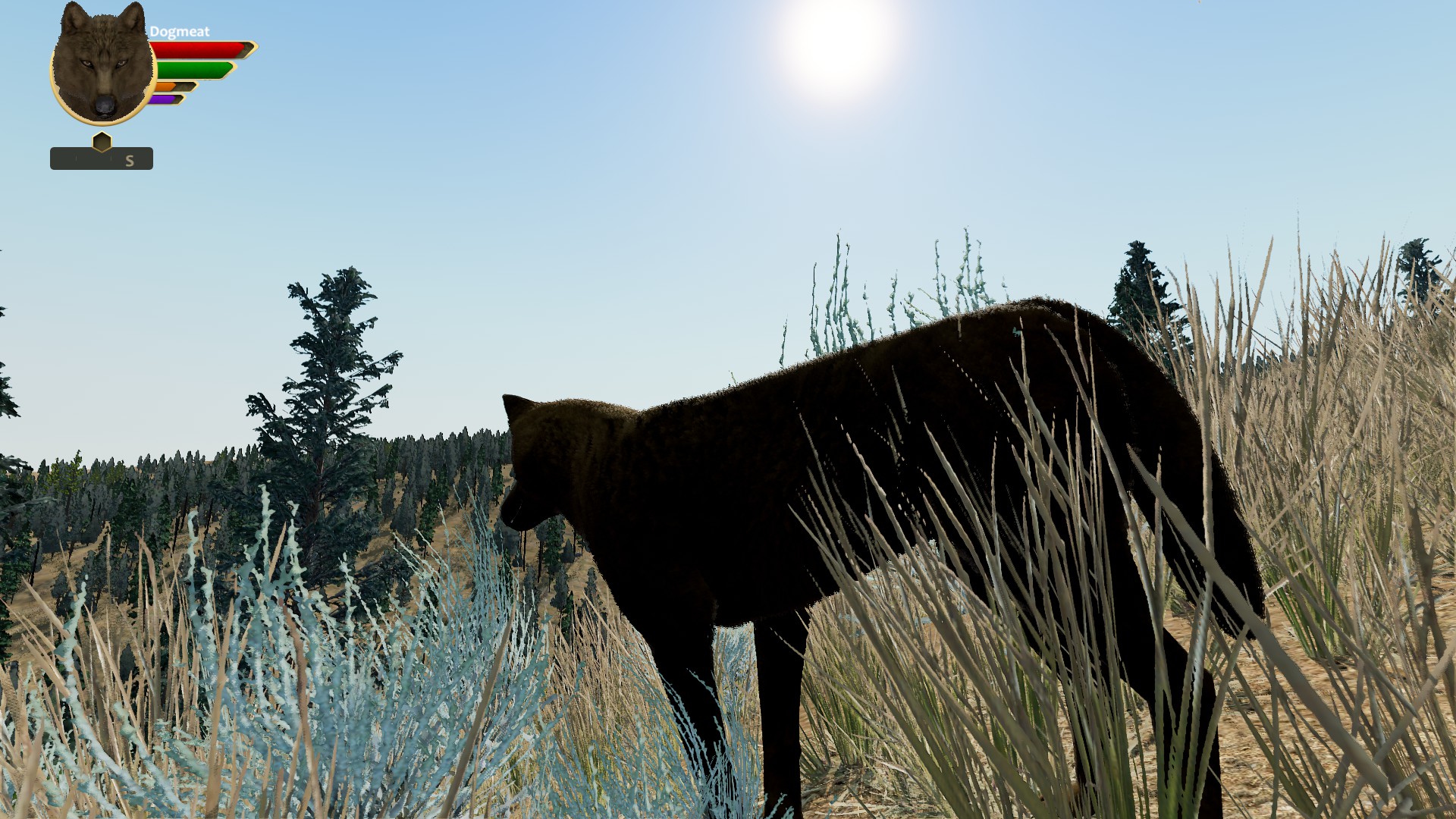
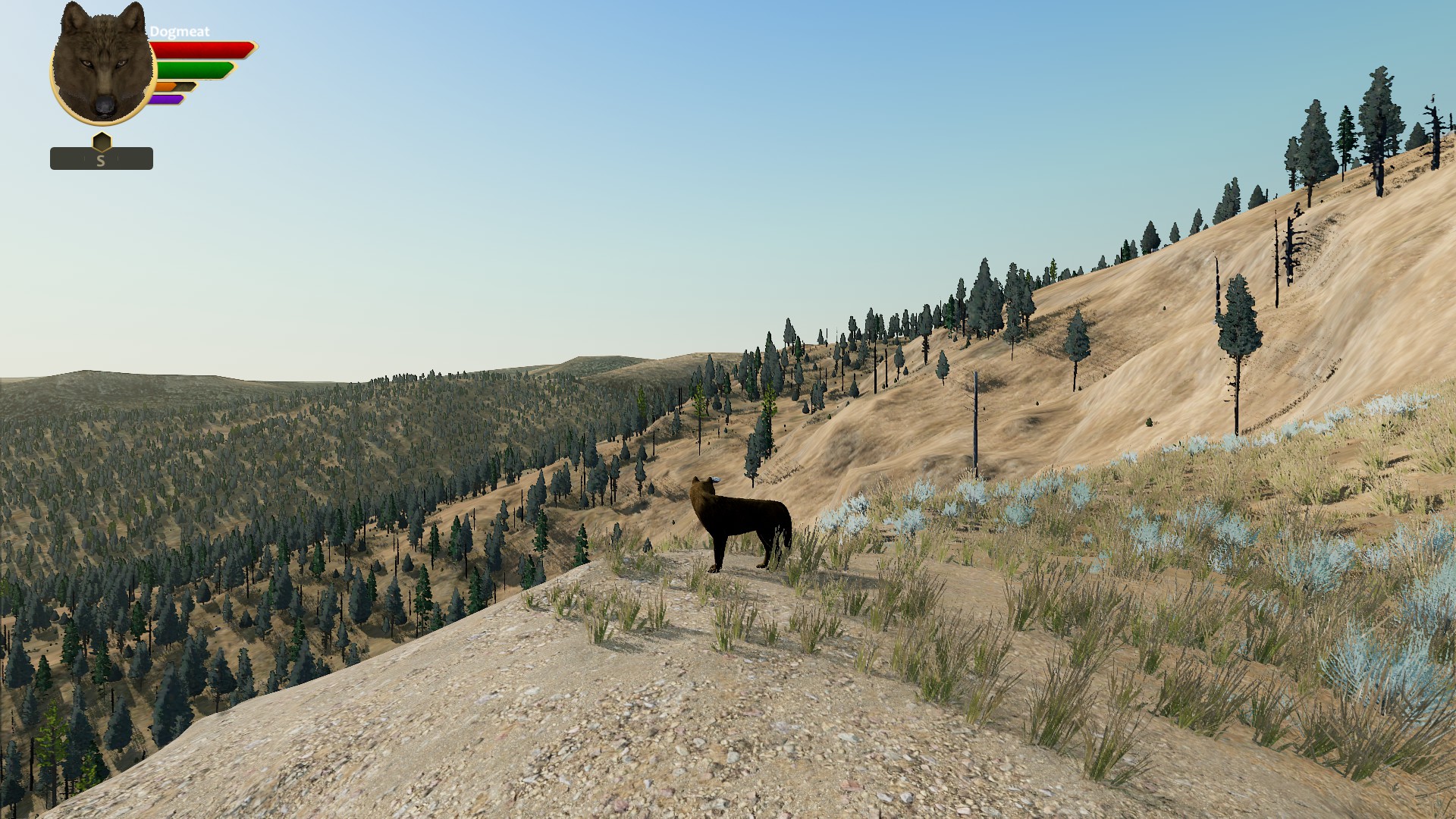
The most common criticism of WolfQuest is that it's repetitive. Schaller said that's fair. The developers have tried to add variety over time, but he pointed out that ultimately a wolf's life—even a human's life—is repetitive. The players who have stuck around appreciate that. And WolfQuest's endless core loop and simple rules lend themselves to self-imposed player challenges and roleplay.
“We have people who found the game when they were 10 years old, and they're still playing it, you know? It's crazy.”
The players I talked to in WolfQuest's active Discord concurred, saying the seemingly spartan premise hides a variety of little interactions; just enough to keep things exciting indefinitely.
“I just hit my 1,000th hour,” said Discord user mismisfit. “For me it's the sweet community and the amazing complexity of the game—even after all those hours I'm still discovering things I never knew about, both about the game mechanics and wildlife facts! There's just so much love poured into this game, between the devs and the players, you can just tell.”
The upcoming WolfQuest Saga expansion is part of a multi-year effort to implement “the rest of the game,” wherein the team hopes to simulate more of the gray wolf's lifespan, raising offspring from pups to adult hunters.
“The existence and the enthusiasm and the refusal of the community to just give up and move on really was essential in how it's kept going,” Schaller said. “We are still trying to reach the potential that everyone who embraces the game sees: what they really want it to be, and what we really want it to be … it's only taken us 17 years!”

